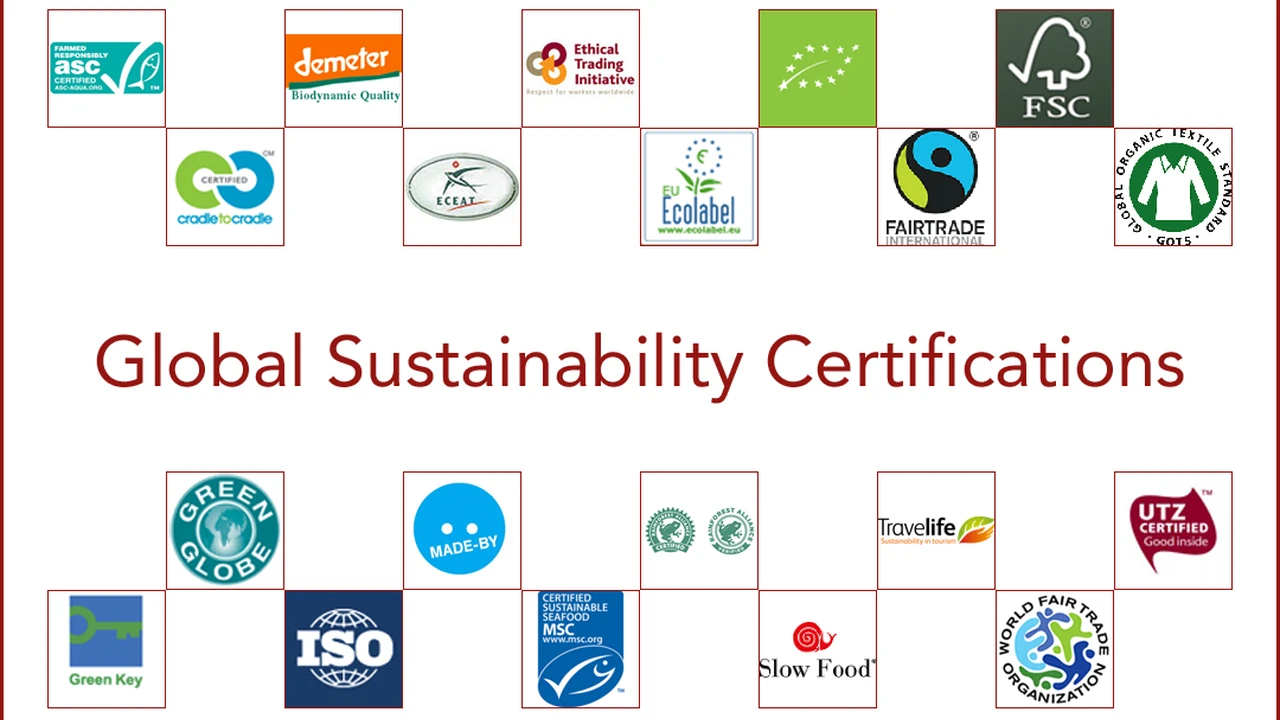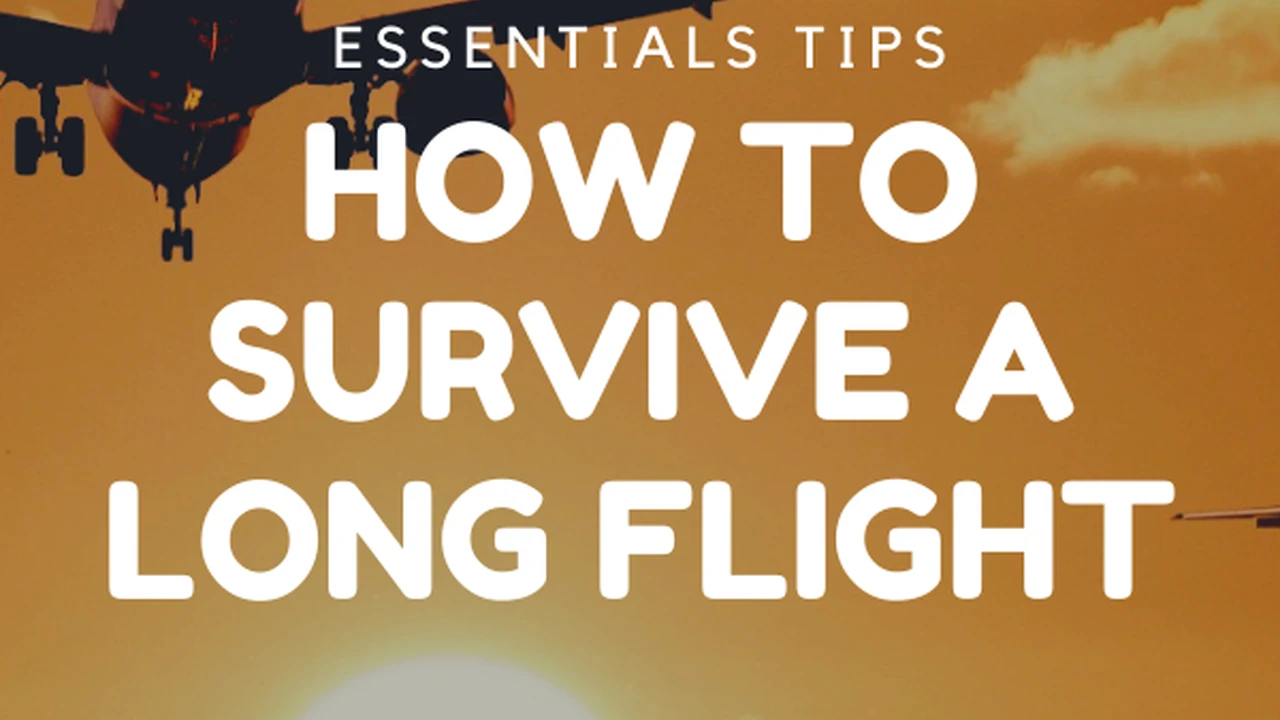Sustainable Travel Certifications Explained
Discover sustainable travel certifications and how they can help you choose responsible tour operators and accommodation providers. Learn about different certifications and their criteria. Travel with confidence and support sustainable businesses.

Understanding Sustainable Tourism Certifications and Their Importance
So, you want to travel the world but also feel good about leaving a positive impact? That's awesome! One way to do that is by understanding sustainable tourism certifications. These certifications are basically seals of approval that show a tour operator, hotel, or even a destination is committed to responsible practices. Think of them as your cheat sheet to making ethical travel choices. But with so many out there, how do you know which ones are legit and what they actually mean?
Sustainable tourism certifications assess various aspects, from environmental impact to social responsibility. They ensure businesses are minimizing their harm to the environment, supporting local communities, and treating their workers fairly. By choosing certified businesses, you're voting with your wallet and encouraging more companies to adopt sustainable practices. It’s a win-win!
Top Sustainable Travel Certifications to Look For
Alright, let’s dive into some of the most recognized and respected certifications in the sustainable travel world. Knowing these will help you make informed decisions when booking your next adventure.
GSTC (Global Sustainable Tourism Council)
The GSTC is like the gold standard in sustainable tourism. They don't directly certify businesses, but they accredit other certification programs. If a certification is GSTC-Accredited, you know it's based on rigorous and internationally recognized standards covering environmental, social, and economic aspects of sustainability.
Why it matters: Look for certifications accredited by GSTC to ensure a comprehensive approach to sustainability.
B Corp Certification for Travel Companies
B Corp certification isn’t specific to travel, but it's a fantastic indicator of a company’s overall commitment to social and environmental performance. B Corps are businesses that meet high standards of verified performance, accountability, and transparency on factors from employee benefits and charitable giving to supply chain practices and input materials.
Why it matters: Choosing a B Corp travel company means you're supporting a business that balances profit with purpose.
Travelife Certification for Hotels and Tour Operators
Travelife is a certification specifically for hotels and tour operators. It helps businesses improve their environmental and social performance by meeting specific criteria. They offer different levels of certification, from Bronze to Gold, indicating increasing levels of commitment to sustainability.
Why it matters: Look for Travelife Gold certification for a higher level of assurance that the business is actively working to reduce its impact.
Green Key Certification for Eco Friendly Hotels
Green Key is an international eco-label for tourism facilities. It demonstrates a commitment to environmental responsibility through compliance with specific criteria related to environmental management, energy and water conservation, waste reduction, and more.
Why it matters: Choosing a Green Key certified hotel means you're supporting a property that's actively minimizing its environmental footprint.
Fair Trade Tourism Certification
Fair Trade Tourism is primarily focused on ensuring that local communities benefit from tourism. It certifies businesses that adhere to fair labor practices, provide economic opportunities for local people, and respect cultural heritage.
Why it matters: Choosing a Fair Trade Tourism certified business means you're supporting local communities and ensuring they benefit from tourism activities.
Specific Products and Services with Sustainable Certifications
Okay, so you know what to look for in a certification. Now, let's get practical! Here are a few examples of products and services that often carry these certifications, along with pricing and where to find them.
Eco Friendly Hotels and Accommodations
Example: 1 Hotels (Various Locations) - Many 1 Hotels locations are LEED-certified, indicating a focus on sustainable building practices. They also prioritize locally sourced food and eco-friendly amenities.
Pricing: $300 - $800 per night, depending on location and room type.
Where to find them: 1Hotels.com, Booking.com (look for LEED or Green Key certifications in the property details).
Comparison: Compared to standard luxury hotels, 1 Hotels often uses recycled materials, has water conservation programs, and supports local environmental initiatives. While more expensive than budget hotels, the added cost reflects their commitment to sustainability.
Usage Scenario: Ideal for travelers seeking a luxurious experience with a minimal environmental impact. Perfect for honeymoons, business trips, or any occasion where sustainability is a priority.
Sustainable Tour Operators
Example: G Adventures - G Adventures is a B Corp certified tour operator that focuses on community tourism and responsible travel practices. They offer a wide range of tours worldwide with a focus on minimizing environmental impact and supporting local communities.
Pricing: Varies widely depending on the tour, from $500 for a short trip to $5000+ for longer adventures.
Where to find them: GAdventures.com
Comparison: Compared to traditional tour operators, G Adventures often uses local guides, stays in locally owned accommodations, and supports community projects. Their tours may be slightly more expensive, but the added cost goes directly to supporting sustainable tourism initiatives.
Usage Scenario: Perfect for adventurous travelers who want to explore the world while making a positive impact. Ideal for solo travelers, couples, and small groups.
Eco Friendly Travel Gear
Example: United By Blue - United By Blue sells sustainable outdoor gear, including backpacks, clothing, and accessories. For every product purchased, they remove one pound of trash from oceans and waterways. They also use sustainable materials like recycled polyester and organic cotton.
Pricing: Backpacks range from $100 - $200, clothing from $30 - $100.
Where to find them: UnitedByBlue.com, REI, Amazon (look for products made from recycled or sustainable materials).
Comparison: Compared to standard outdoor gear brands, United By Blue prioritizes sustainable materials and ethical production practices. While their products may be slightly more expensive, the added cost reflects their commitment to environmental responsibility.
Usage Scenario: Essential for any traveler who wants to reduce their environmental impact. Perfect for hiking, camping, and everyday travel.
Sustainable Sunscreen
Example: Raw Elements - Raw Elements offers reef-safe sunscreen made with natural and organic ingredients. Their sunscreens are biodegradable and free of harmful chemicals that can damage coral reefs.
Pricing: $15 - $25 per tube.
Where to find them: RawElementsUSA.com, Amazon, REI.
Comparison: Compared to traditional sunscreens, Raw Elements avoids harmful chemicals like oxybenzone and octinoxate, which are known to damage coral reefs. While slightly more expensive, it's a small price to pay for protecting marine ecosystems.
Usage Scenario: Essential for any traveler visiting coastal areas or participating in water activities. Protects your skin and the environment.
How to Verify a Sustainable Travel Certification
Don't just take a company's word for it! Do your research to verify that a certification is legitimate. Here's how:
- Check the Certification Body's Website: Most certification bodies have a public database or list of certified businesses on their website. Verify that the company you're considering is listed.
- Look for Accreditation: As mentioned earlier, look for certifications that are accredited by the GSTC. This ensures they meet rigorous international standards.
- Read Reviews: Check online reviews and forums to see what other travelers are saying about the company's sustainability practices.
- Ask Questions: Don't be afraid to ask the company directly about their sustainability initiatives and how they meet the certification criteria.
Making Informed Choices for a Better World Through Eco Travel
Choosing certified sustainable travel options is a powerful way to support responsible tourism and protect the planet. By understanding the different certifications and doing your research, you can make informed decisions that benefit both you and the environment. So next time you're planning a trip, take the time to look for those certifications – it's a small step that can make a big difference. Happy travels!
:max_bytes(150000):strip_icc()/277019-baked-pork-chops-with-cream-of-mushroom-soup-DDMFS-beauty-4x3-BG-7505-5762b731cf30447d9cbbbbbf387beafa.jpg)






